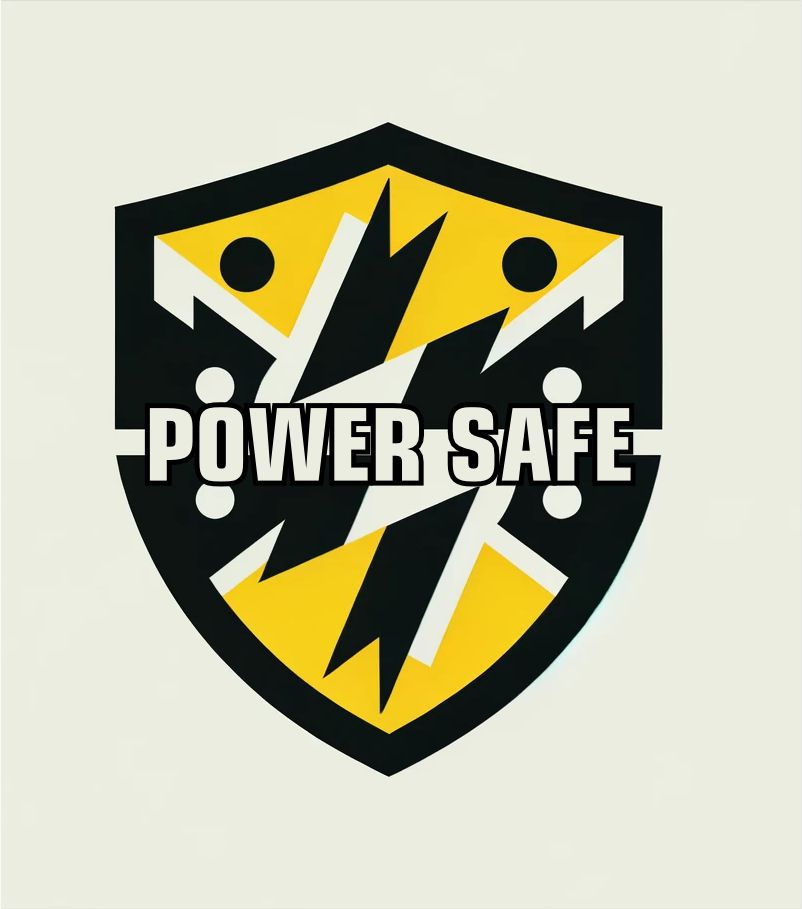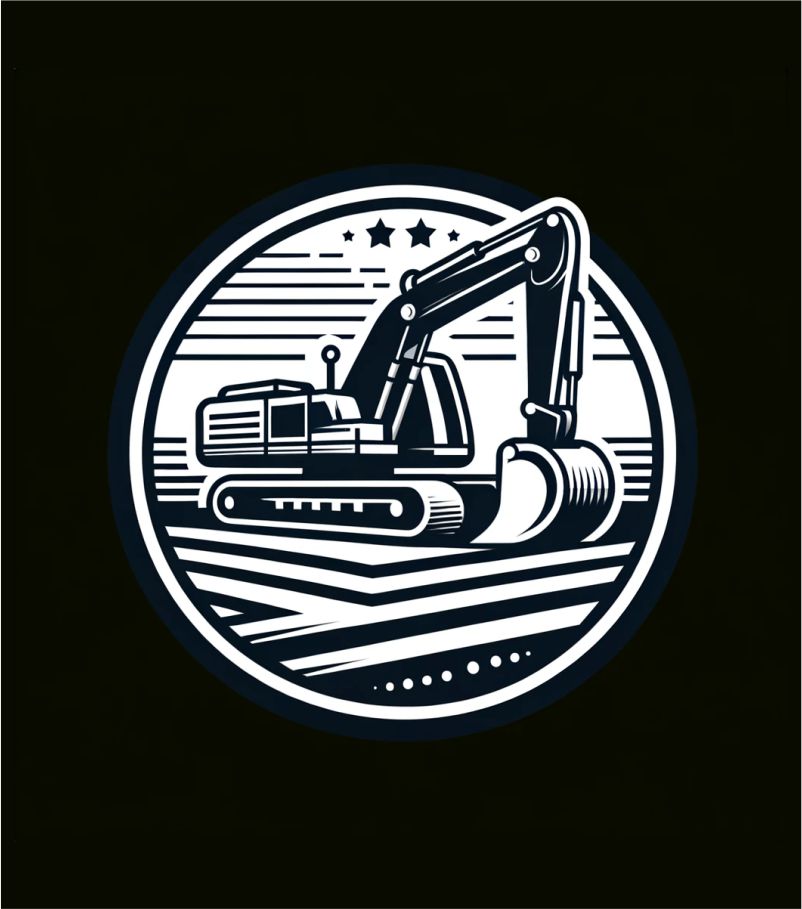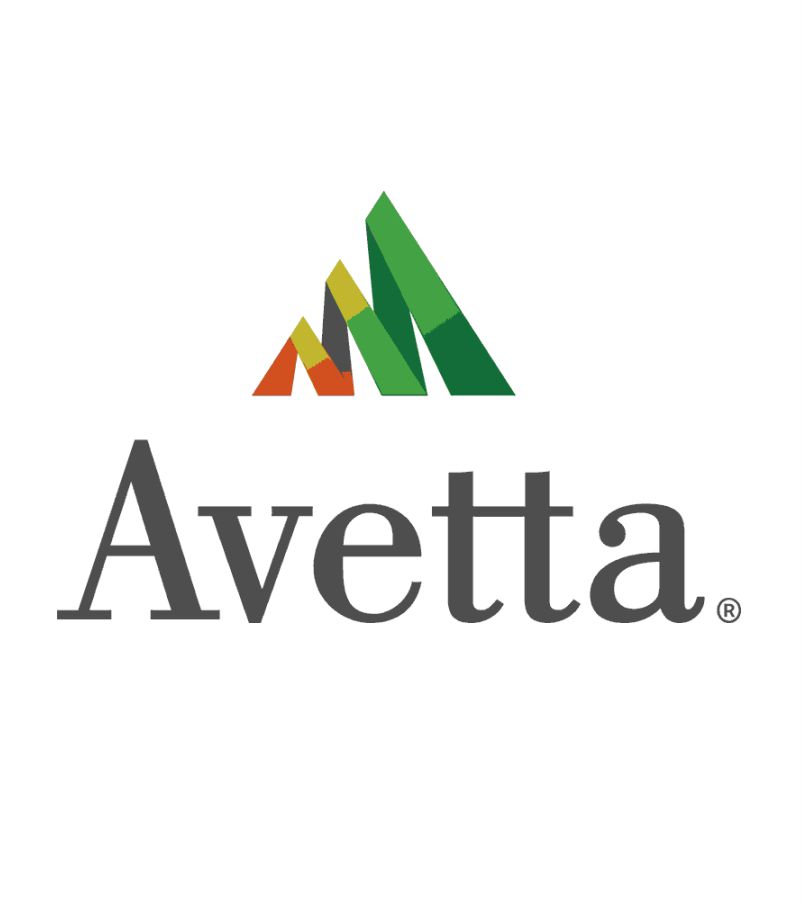
SAFETY
CONFINED SPACE TRAINING
Confined space training is essential for workers who operate in environments that are not designed for continuous occupancy and have limited entry or exit points, such as tanks, silos, pits, manholes, and tunnels. These environments often present unique and potentially hazardous conditions that can pose serious risks to health and safety. Confined space training equips workers, supervisors, and rescue personnel with the knowledge and skills necessary to safely enter, work in, and exit these spaces. Here are several key benefits of undergoing confined space training:
Enhanced Safety Awareness
One of the most significant benefits of confined space training is the heightened safety awareness it instills in participants. The training covers the identification of confined spaces, understanding the risks associated with them, and recognizing the signs of hazardous atmospheres. This knowledge is crucial in preventing accidents and injuries by ensuring that workers are aware of the dangers and know how to mitigate them.
Compliance with Regulations
Confined space training helps ensure that companies comply with occupational health and safety regulations, such as those enforced by the Occupational Safety and Health Administration (OSHA) in the United States. Compliance is not only a legal requirement but also a critical component of maintaining a safe working environment. By adhering to these regulations, companies can avoid costly fines, legal issues, and potential shutdowns.
Effective Emergency Response
In the event of an emergency within a confined space, a prompt and effective response can be the difference between life and death. Confined space training includes emergency procedures, rescue techniques, and the use of specialized equipment. This ensures that workers and rescue teams are prepared to respond quickly and efficiently to emergencies, reducing the risk of fatalities and serious injuries.
Reduced Incidents and Injuries
Through the comprehensive understanding and application of safety protocols learned in confined space training, the frequency and severity of incidents and injuries related to confined spaces can be significantly reduced. Educated workers are more likely to identify potential hazards before they lead to an incident, employ safe work practices to mitigate risks, and use protective equipment correctly, contributing to a safer workplace.
Boost in Worker Confidence and Morale
Confined space training not only enhances safety but also boosts the confidence and morale of workers. When employees feel confident in their ability to safely perform their duties in potentially hazardous environments, they are more likely to be engaged and productive. Additionally, knowing that their employer invests in their safety can lead to increased job satisfaction and loyalty, which benefits the overall morale and culture of the organization.
In conclusion, confined space training offers critical benefits, from improving worker safety and ensuring regulatory compliance to enhancing emergency preparedness and reducing accidents. By investing in this training, companies not only protect their employees but also position themselves as responsible and competitive players in their respective industries.
CERTIFICATIONS & ACCREDITATIONS

OSHA CERTIFICATIONS
All Bottomland staff have OSHA 10 Training and all managers have OSHA 510 Training in order to provide our clients with the most qualified and trained staff to meet their needs effectively, efficiently, and safely. OSHA training offers a multitude of benefits, paramount among them being the significant enhancement of workplace safety and health. By equipping employees with the knowledge and skills to identify, reduce, and prevent job-related hazards, it not only minimizes the risk of accidents and injuries but also fosters a culture of safety that extends beyond the individual to the entire organization. This training ensures compliance with federal regulations, reducing legal liabilities and potentially costly fines for employers. Moreover, it boosts employee morale and productivity by demonstrating a commitment to their well-being. Ultimately, OSHA training is an investment in a safer, more efficient, and more responsible workplace.

POWER SAFE CERTIFIED
The Power Safe program, often implemented across various industries, including construction, manufacturing, and utility sectors, is designed to promote safety best practices, awareness, and compliance when working with or around electrical equipment and high-voltage power sources. This program typically encompasses training sessions, safety protocols, and continuous education to minimize the risks associated with electrical work.

CONFINED SPACE TRAINING
Confined space training is essential for workers who operate in environments that are not designed for continuous occupancy and have limited entry or exit points, such as tanks, silos, pits, manholes, and tunnels. These environments often present unique and potentially hazardous conditions that can pose serious risks to health and safety. Confined space training equips workers, supervisors, and rescue personnel with the knowledge and skills necessary to safely enter, work in, and exit these spaces.

TRENCHING AND EXCAVATION SAFETY CERTIFICATION
Trenching and excavating are among the most hazardous operations in the construction and utility sectors, posing significant risks due to cave-ins, falls, and encounters with underground utilities. A Trenching and Excavating Safety Certification is designed to educate participants on the best practices, safety measures, and regulations necessary to minimize these risks. This certification offers numerous benefits, not only enhancing the safety and efficiency of operations but also ensuring compliance with legal and regulatory requirements.

CRANE AND RIGGING SAFETY CERTIFICATION
Crane and rigging operations are critical components of many construction, manufacturing, and maritime projects, involving the lifting and moving of heavy loads. Given the inherent risks associated with these activities, including the potential for catastrophic accidents resulting in injury or death, crane and rigging safety certification is vital. This certification provides workers and supervisors with the knowledge and skills necessary to perform operations safely and efficiently.

AVETTA ACCREDITATION
Avetta certification represents a significant achievement for businesses operating in various industries, particularly those involved in construction, manufacturing, energy, and supply chain operations. Avetta is a supply chain risk management service that evaluates companies on their health, safety, environmental, and quality (HSEQ) procedures, ensuring they meet specific standards and regulations. Being Avetta certified offers several benefits that can enhance a company's reputation, operational efficiency, and competitive edge.
